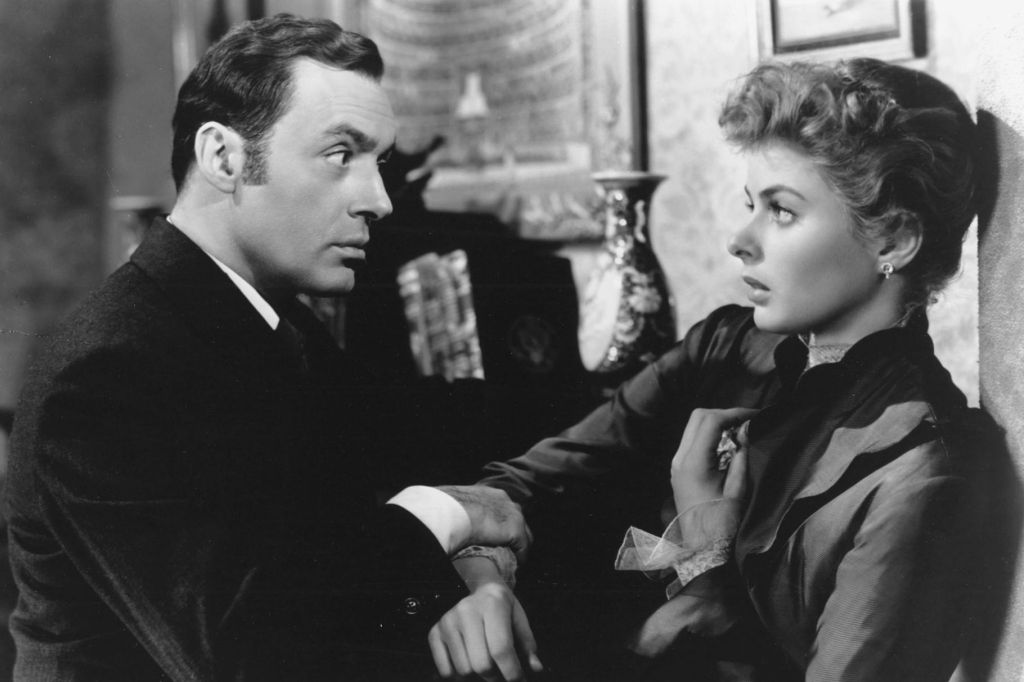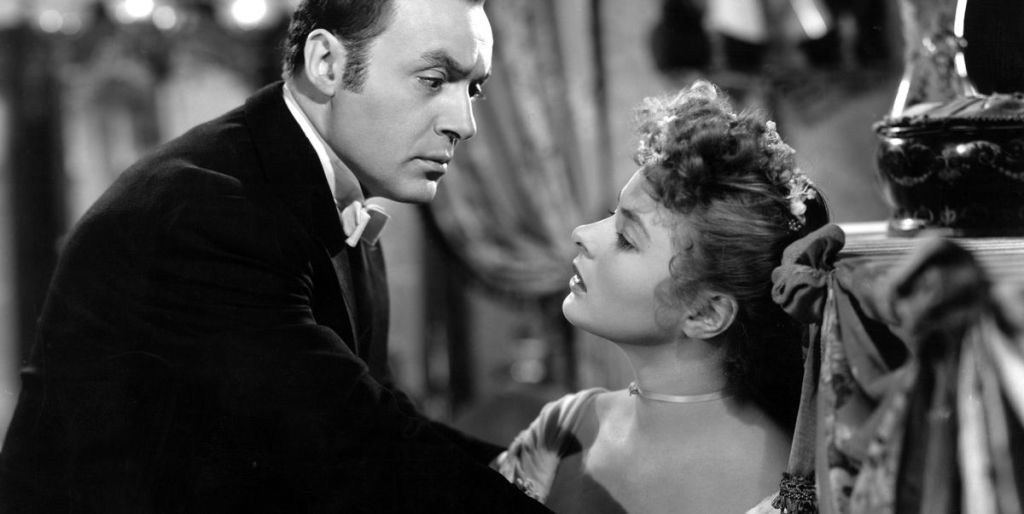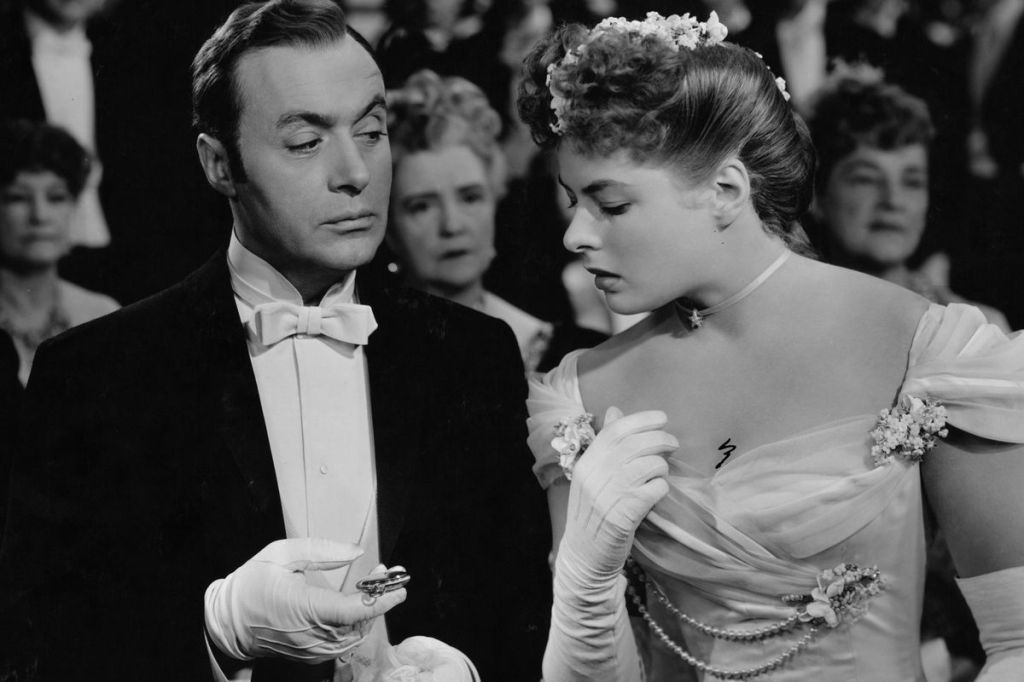Review – Gaslight (1944)
Ingrid Bergman delivers a career performance in the 1944 George Cukor classic thriller about manipulation and deceit

The word ‘gaslighting’ has now become a synonym for manipulation and deceit, even finding its way into the world of political discourse in recent years, all originating from the 1944 film title (and the source play from 1938 by Patrick Hamilton).
In the film Ingrid Bergman plays Paula Alquist, the young niece of a murdered music star whose unsolved murder led to Paula moving to Italy. After meeting Gregory (Charles Boyer), they marry and return to her home in London which had been the scene of the murder. What then begins is a pattern of manipulation as Gregory begins to convince Paula that she is slowly losing her mind as he takes increasing control of their lives and restricts her ability to see anyone else.

Gregory’s control is unrelenting, and the emotional impact of both Boyer’s and Bergman’s performance in the film remain, with a large part of the film feeling uncomfortable and concerning. Bergman’s precision in her performance is highly skilled avoiding any risk of appearing manic, and creating a highly believable and sympathetic character. Without this, the film could have easily been far less impactful. Boyer too, hits all the right notes as the monstrous manipulator throughout the story.
The film may not fall into the traditional pantheon of film noir, however style wise the film has a very similar feel. It is a dark setting with strong usage of shadows and lighting is powerfully used throughout in creating a tone throughout. Also standing out is the cinematography by Joseph Ruttenberg which creates a real sense of paranoia through the film. It feels Hitchcock-esque and shares a number of motifs as his 1940 film Rebecca.
Supporting roles by a very young Angela Lansbury as the housemaid Nancy and Joseph Cotton as an unrelenting detective also add to the film, but it really is Bergman and Boyer that make this film what it is.

Bergman was on a remarkable run of roles by this point, having made Casablanca in 1942 (I cannot even begin to explain how much I love that film), For Whom the Bell Tolls in 1943 and then to this film the year later. It was a remarkable run (and would continue for a number of films) and the 3 films each led to Oscar nominations, however it is for this film that she won her first Best Actress Oscar. In future years she would go on to win a second (Anastasia – 1956) and a Best Supporting Actress Oscar (Murder on the Orient Express – 1974).
If there was ever a risk that films over 75 years old can lack relevance in the modern day or that performances can no longer connect to current audiences, there is no better offering to prove otherwise that this film.
Rating : Classic out of 10
